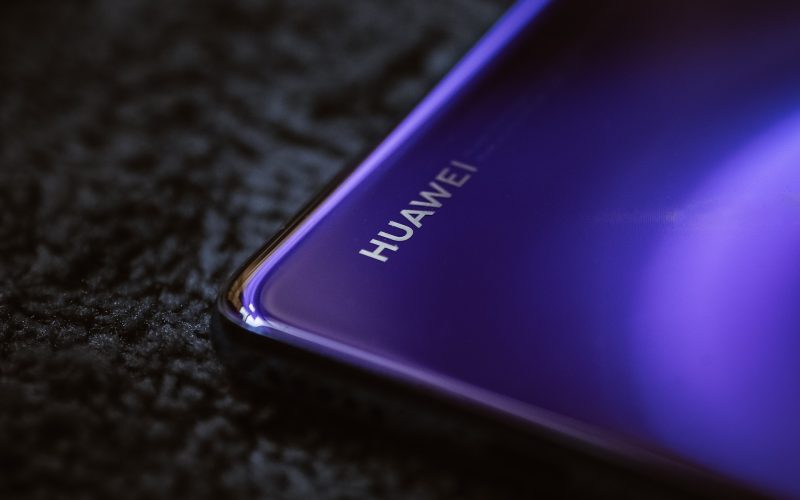Introduction
In a recent report by Nikkei, it has come to light that Huawei, the Chinese telecommunications giant, is demanding royalties from several Japanese companies in an escalating intellectual property battle. This move has created ripples in the tech industry and raised concerns about the protection and fair use of intellectual property. In this article, we will delve into the details of the dispute, analyze the potential implications, and explore the broader landscape of intellectual property rights in the global business environment.
The Origins of the Dispute
The intellectual property battle between Huawei and the Japanese companies stems from a disagreement over the use of patented technologies. Huawei, known for its significant contributions to the telecommunications sector, holds a vast portfolio of patents, which it considers valuable and worthy of compensation. According to the Nikkei report, Huawei is claiming that several Japanese companies have been utilizing its patented technologies without proper licensing agreements or royalty payments.
Huawei’s Perspective and Demands
From Huawei’s perspective, the demand for royalties is an assertion of their intellectual property rights and fair compensation for their technological innovations. As a company that invests heavily in research and development, Huawei believes that its patented technologies have played a pivotal role in advancing the telecommunications industry. By demanding royalties, Huawei aims to protect its intellectual property and ensure that its innovations are duly recognized and rewarded.
The Japanese Companies’ Response
The Japanese companies accused by Huawei of patent infringement have not issued an official statement in response to these claims. However, it is expected that they will challenge Huawei’s demands and present their own arguments to refute the allegations. Intellectual property disputes of this nature often involve complex legal proceedings and negotiations, requiring thorough examination of patent portfolios and licensing agreements.
Implications for the Tech Industry
This intellectual property battle has significant implications for the tech industry, particularly in terms of innovation, competition, and fair use of intellectual property. If Huawei’s demands are successful, it could set a precedent for other technology companies to assert their patent rights more aggressively, leading to an increase in litigation and potentially hampering collaborative efforts in the industry. On the other hand, if the Japanese companies successfully defend themselves against the allegations, it could raise questions about the validity and enforceability of Huawei’s patents.
The Global Landscape of Intellectual Property Rights
The Huawei-Japanese companies dispute sheds light on the broader landscape of intellectual property rights in the global business environment. Intellectual property, including patents, trademarks, and copyrights, plays a crucial role in fostering innovation and protecting the rights of inventors and creators. However, navigating the complexities of intellectual property rights can be challenging, especially in an interconnected world where technologies and ideas flow across borders.
The Role of Licensing and Royalties
Licensing and royalties serve as essential mechanisms for ensuring the proper utilization and compensation of intellectual property. Patent holders, such as Huawei, often enter into licensing agreements with other companies, allowing them to use their patented technologies in exchange for royalties. These agreements provide a framework for fair compensation and mutually beneficial relationships between innovators and users of intellectual property.
Balancing Innovation and Collaboration
While the protection of intellectual property rights is crucial, it is equally important to strike a balance that encourages innovation and collaboration. In the tech industry, companies often rely on cross-licensing agreements, where they exchange patents and grant each other permission to use certain technologies. These collaborative efforts foster advancements and drive the industry forward, benefiting consumers and society as a whole.
The Role of Regulatory Bodies
Intellectual property disputes require the involvement of regulatory bodies and legal frameworks to ensure fair resolution. Organizations such as the World Intellectual Property Organization (WIPO) and national patent offices play a vital role in establishing guidelines and facilitating the protection of intellectual property rights. They serve as arbiters in disputes, overseeing negotiations, and upholding the principles of fairness and equity.
Conclusion
The intellectual property battle between Huawei and the Japanese companies underscores the importance of intellectual property rights in the global business landscape. As the tech industry continues to innovate and evolve, disputes over patents and royalties are likely to arise. It is crucial for companies to uphold the principles of fair compensation and respect for intellectual property, fostering an environment that encourages innovation, collaboration, and healthy competition.
In the case of Huawei and the Japanese companies, the resolution of this dispute will set precedents and shape the future of intellectual property battles in the tech industry. As stakeholders navigate the complexities of patent infringement claims, licensing agreements, and regulatory frameworks, it is essential to strike a balance that ensures the protection of intellectual property rights while fostering innovation and collaboration for the benefit of society as a whole.










